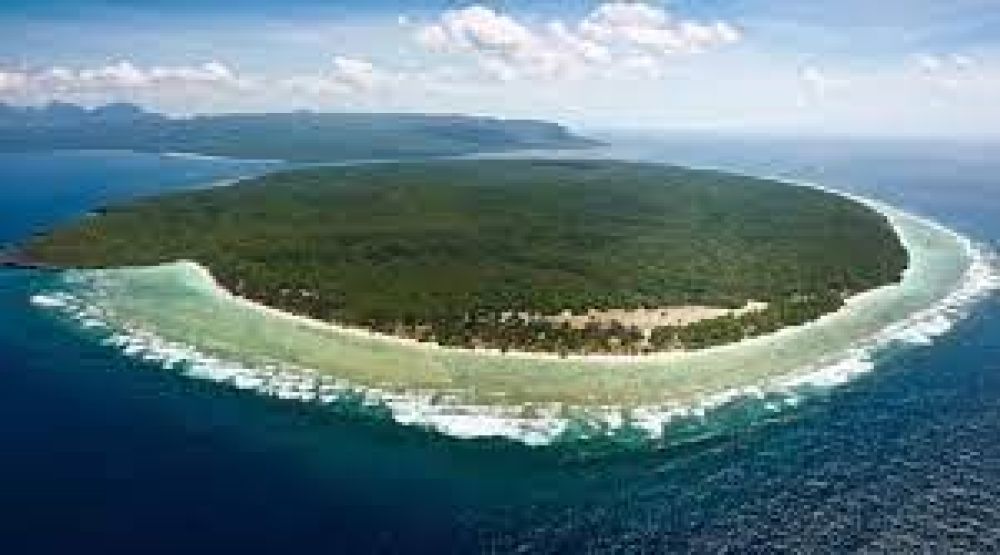

The enchanting Jaco Island, part of the Nino Konis Santana National Park in the eastern part of Timor-Leste, has been a hidden gem for many years. Its significance goes beyond tourism, as it is considered sacred by the local Timorese people, particularly the Fataluku community. Traditionally, the island was not permanently inhabited due to its sacred status. Only in recent decades, with the advent of global travel, has Jaco Island become an attraction for those seeking pristine nature and cultural experiences.
Tourism in Jaco Island started to emerge post-independence from Indonesia in 2002. The untouched beauty of the island, with its white-sand beaches, crystal-clear waters and rich marine life, quickly became an irresistible draw for both domestic and international travellers. However, due to the sacred nature of the island, tourist activities are managed with respect for local customs and conservation efforts.
Today, the trend in tourism on Jaco Island aligns closely with eco-tourism and sustainable practices. Visitors are encouraged to minimize their environmental impact and engage in activities such as bird watching, snorkeling, and cultural exchanges with local communities. The rise of digital nomadism and remote travel experiences has also brought a new wave of visitors who are looking to immerse themselves in the untouched natural surroundings that Jaco Island offers.
The area around Lospalos, with its rich history and cultural diversity, has seen a slow yet steady increase in visitors. Tourists in Lospalos often start their journey to Jaco Island from the town of Tutuala, after indulging in cultural tours that feature traditional Timorese life, ancient rock art, and the history of the struggle for independence.
The government of Timor-Leste and local stakeholders are heavily invested in developing sustainable tourism to ensure the protection of the island's natural and cultural resources. Efforts have been made to create jobs in the tourism sector that benefit local communities, while preserving the cultural integrity and ecological balance of the area. With sustainable practices at the forefront, Jaco Island is set to become a premier example of responsible travel in Southeast Asia.
For visitors planning trips to Jaco Island, it is important to note the need for a permit due to its location within the national park. Accommodation options are limited near the island, often requiring stays in eco-lodges or community guesthouses in the surrounding areas. In keeping with the sacredness of the island, camping and overnight stays are not allowed on Jaco Island itself.